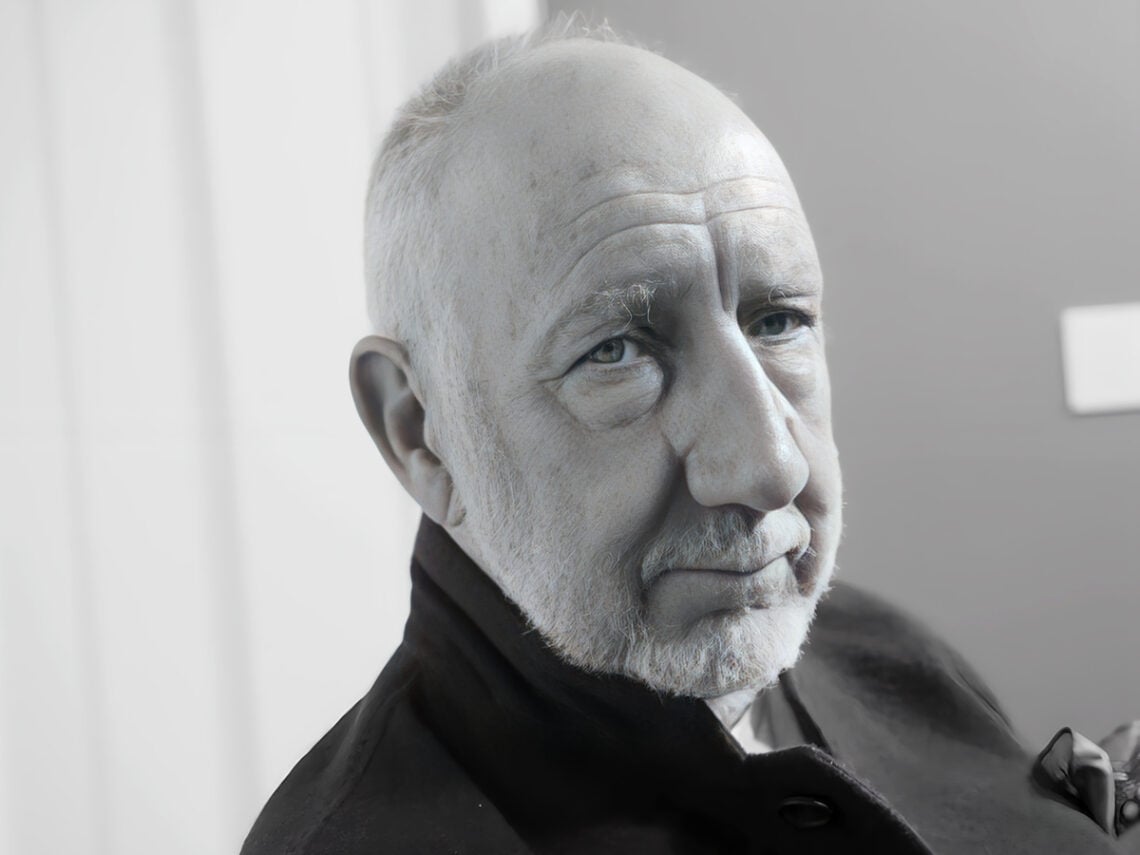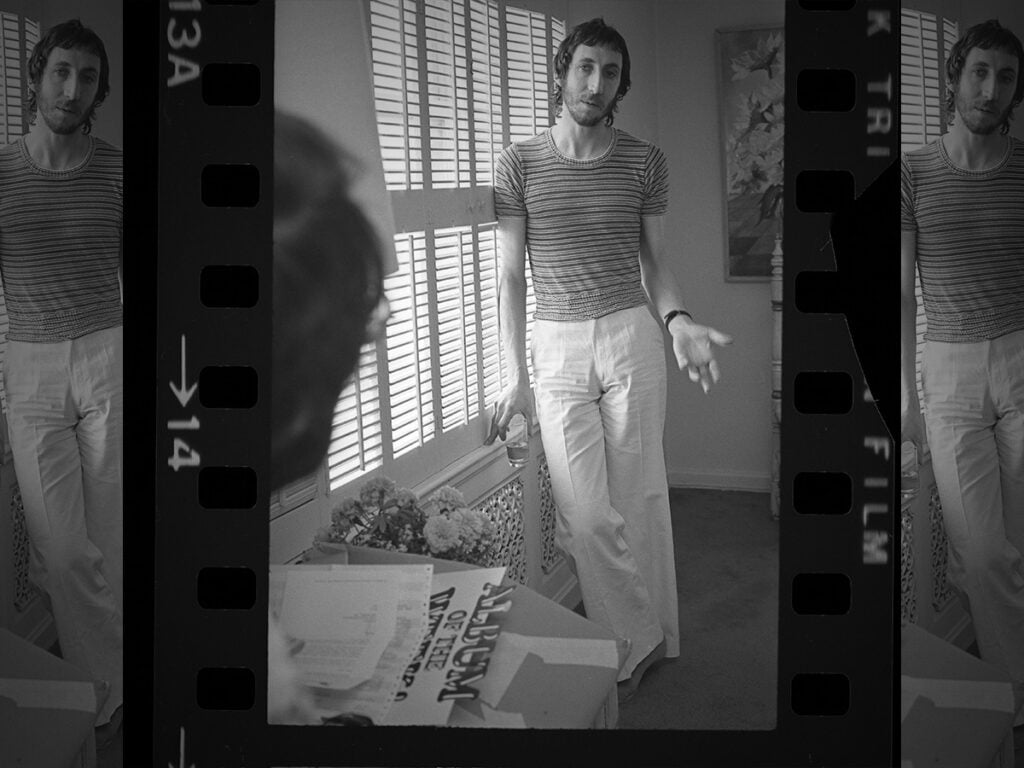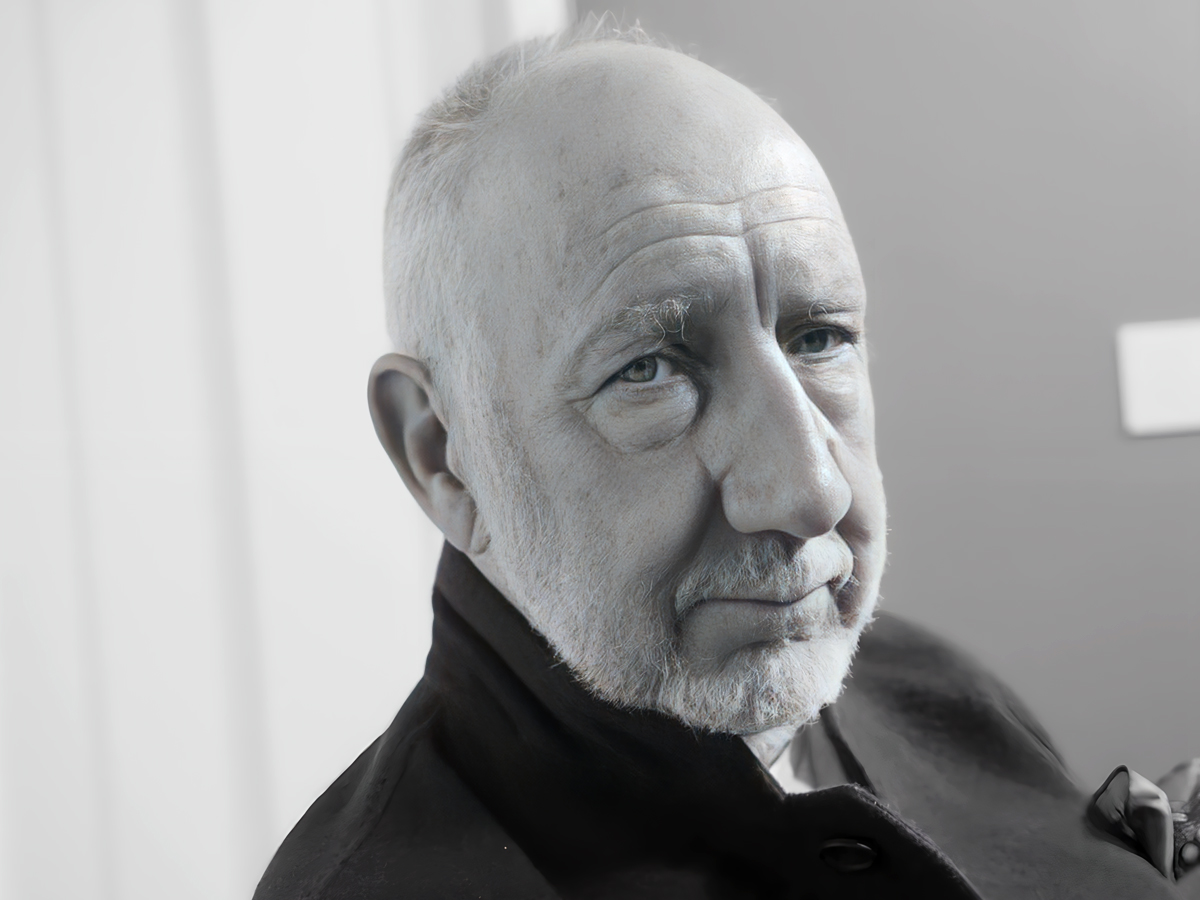
(Credits: Far Out / YouTube Still)
Thu 9 October 2025 12:00, UK
Elevating yourself to the upper echelons of rock and roll greatness has never been a particularly easy task, but staying on that level over an extended period of time is just as difficult; something which Pete Townshend and The Who have been repeatedly reminded of over their many decades at the top of the rock pyramid.
Back in the days of miniskirts and Mini Coopers, The Who made rock and roll stardom look easy. While England’s capital was practically bursting with rebellious young rock and roll outfits, all fighting for their time in the spotlight, Townshend and the gang found their way into the mainstream consciousness with their very first single, ‘I Can’t Explain’, in 1965. From that moment, The Who quickly became a key pillar of British rock, and their reputation only seemed to expand with every new release.
A lot of that enduring power, of course, came from Pete Townshend’s seemingly endless artistic drive. Rather than repackaging and rewriting ‘My Generation’ hundreds of times, the songwriter was determined to explore more expansive, experimental areas of inspiration, which saw The Who embrace rock operas and concept albums towards the end of the swinging sixties. So, while many of their early contemporaries faded into obscurity, welded to their flared trousers and peace symbols, The Who continued to exert their command over the rock and roll landscape for many more years.
Inevitably, though, not all of those years were quite as prosperous as the group’s early days. Life is a series of peaks and troughs, and in the timeline of The Who, the troughs tended to arrive after the death of Keith Moon. In the years following that tragic loss, The Who embarked upon some of their most misguided and best-forgotten efforts, and Pete Townshend began to pour a lot more effort into his own solo career, which wasn’t much better.
A few solo records here and there might have been good for Townshend, keeping the creative juices flowing and such. Ultimately, though, in the neon coloured pop landscape of the 1980s, complete with its leg-warmers and bizarre fads, Townshend struggled to stay afloat while juggling a failing solo career and a rapidly declining Who. In the end, the wheels were bound to fall off Townshend’s solo efforts eventually, and that moment came in the form of his 1985 record White City: A Novel (which, contrary to its title, is actually an album).
 A particularly tired-looking Pete Townshend circa 1975. (Credits: Far Out / Harry Chase / Los Angeles Times)
A particularly tired-looking Pete Townshend circa 1975. (Credits: Far Out / Harry Chase / Los Angeles Times)
“They’ve given me a big advance to take a chance on making a record hoping that it will sell lots of copies,” Townshend recalled of the doomed project to Super Deluxe Edition in 2024. “But no, the record company, were pissed off that I didn’t tour particularly with White City.”
With that commercial failure, Townshend’s entire solo career came crashing down around him. ”Rob Dickens [the then-Warner Music UK Chairman] dropped me, dropped the album, because I wouldn’t tour with the band. I just didn’t fucking want to, you know, it wasn’t what I wanted to be doing,” he explained, with the benefit of hindsight. “And my solo career was a mistake, I shouldn’t have done it.”
Not only did White City spell the end of the songwriter’s fledgling solo career, but it had a catastrophic knock-on effect with The Who, whose early 1980s material is routinely (and rightly) regarded as their lowest point artistically. “I couldn’t support The Who at the time, with compositions, so what the fuck was I doing?”
In contrast to that intensely stressful balancing act, the pop charts of the time were full of folks with their fingers in a multitude of different musical pies. “At one point, I had two contracts, to make seven albums over five years,” Townshend shared. “And that was the kind of place that Phil Collins was in at the same time, and he managed it.”
Not only did Collins “manage” it, but he became one of the biggest-selling and best-loved artists of the entire decade, in stark contrast to the failed and – let’s be honest – typically forgotten efforts of both Townshend and The Who during the 1980s.
Admittedly, if we’re comparing The Who to Phil Collins, there are a multitude of other differences we could get into were it not for the confines of time. Nevertheless, the former Genesis drummer’s mastery of the pop charts during the 1980s versus Townshend’s inability to get a grip on things is telling of just how quickly the music industry had moved from The Who’s swinging sixties heyday to the age of hairspray and neoliberalism.
Related Topics

